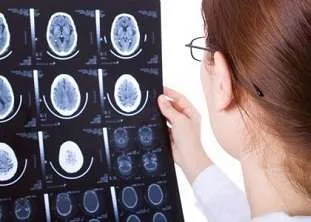Cognitive neuropsychology is the area of psychology that studies brain-damaged patients to understand the workings of our brain. Our brain is constructed of two hemispheres which are responsible for different facets of human personality and behaviour. Despite some essential differences in some functions, these hemispheres communicate through inter-hemispheric neural connections, most through the corpus callosum. This communication allows the brain to integrate different elements to produce coordinated, apparently seamless action and a unified personality.
Course Aims:
- Describe the relevance of neuropsychology to managing psychological disorders.
- Explain the physiology of the nervous system.
- Describe the anatomy of the nervous system.
- Describe how conditions within the brain affect the way in which a person is physically capable or incapable of performing a variety of different tasks.
- Explain how various aspects of a person’s thought processes may vary according to that person’s neurobiology.
- Describe a variety of perceptual disorders.
- Explain a variety of motor disorders.
- Explain the neuropsychology of language.
- Differentiate between different dementias.
- Explain aspects of development in neuropsychological terms.
Course Outline
1. Foundations of Neuropsychology
2. Neurophysiology
3. Neuroanatomy
4. Laterality and Callosal Syndromes
5. Cognition, Personality and Emotion
6. Perception Disorders
7. Motor Disorders
8. Language
9. Dementia
10. Neurodevelopment

